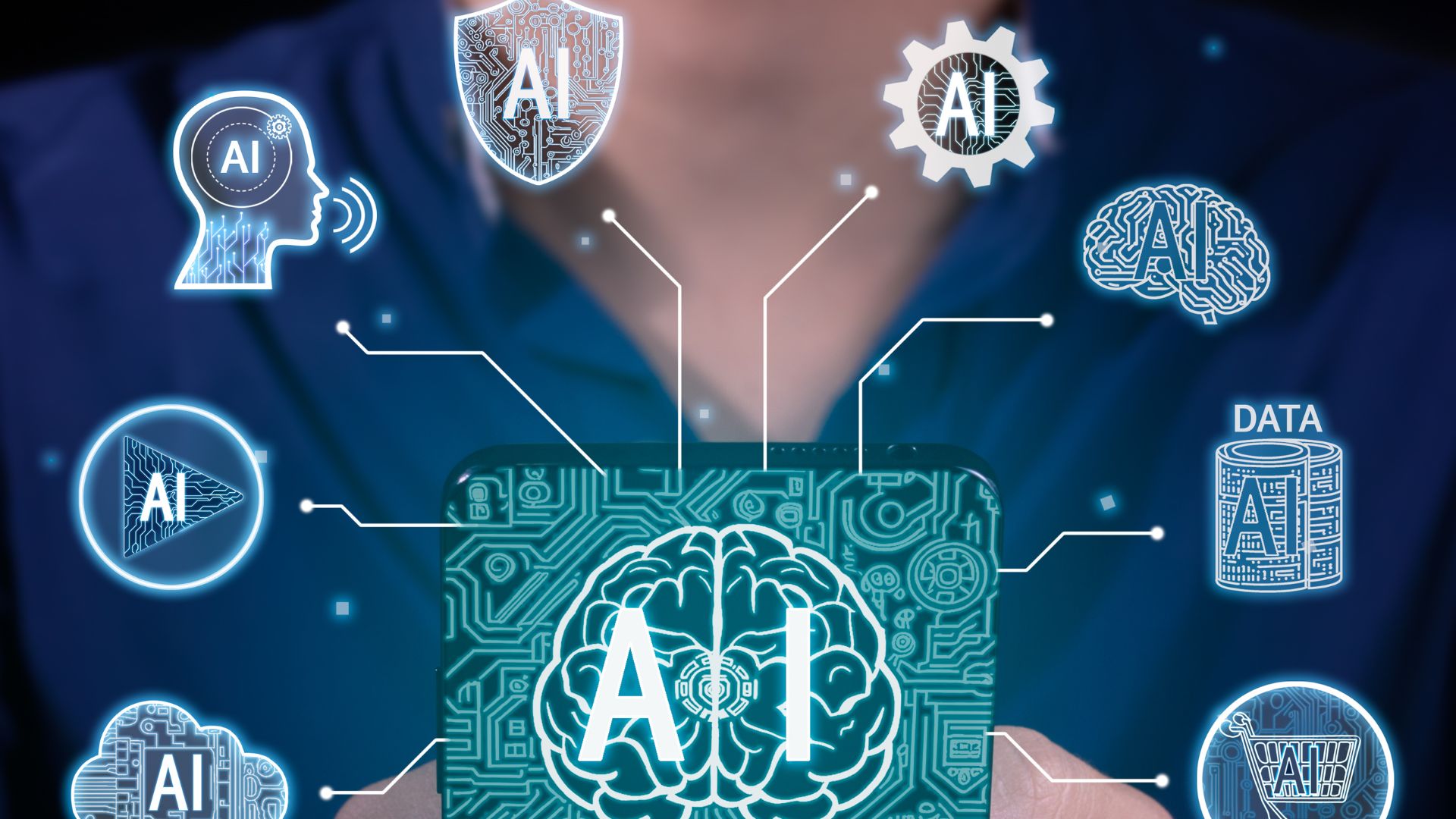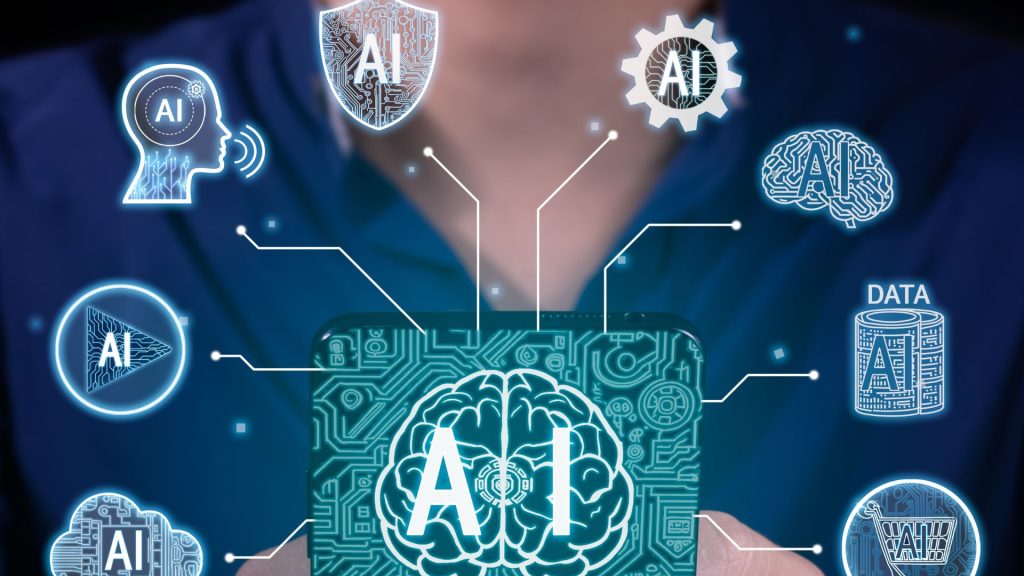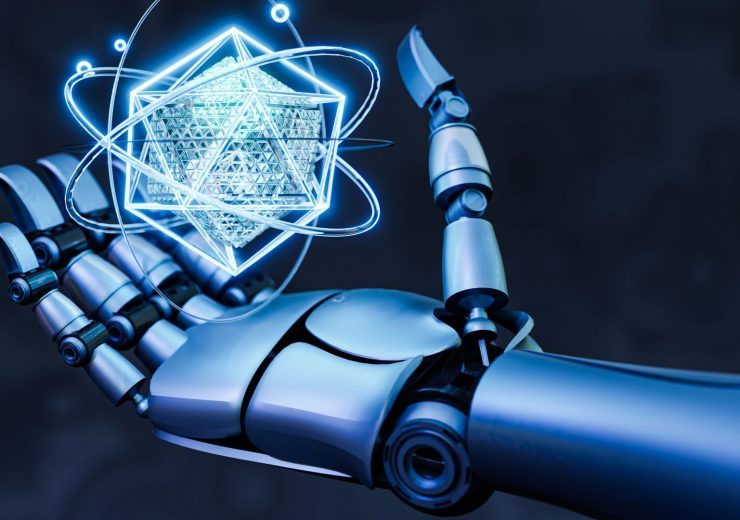How AI is Creating a More Inclusive Future for All

How AI is Creating a More Inclusive Future for All

Artificial intelligence (AI) is not just revolutionizing industries; it’s paving the way for a more inclusive global society. From accessibility enhancements to bridging language gaps and promoting equitable healthcare, AI’s impact is profound and far-reaching. This article explores how AI technologies are being harnessed to foster inclusivity and equality, addressing key areas where its influence is most noticeable.
Accessibility in Technology
AI and Assistive Technologies
AI is transforming assistive technologies to better serve people with disabilities. Innovations like AI-powered hearing aids that filter out background noise or software that converts text to speech enhance daily interactions and accessibility. AI-driven applications like Seeing AI help visually impaired users to interpret their surroundings via audio descriptions, showcasing how AI can bridge significant accessibility gaps.
Customizable Learning Experiences
AI’s ability to adapt and personalize learning has opened doors for students with learning disabilities. Adaptive learning software can modify content delivery based on the learner’s pace and style, making education more accessible to everyone, regardless of their learning capabilities.
Bridging Language and Cultural Barriers
Real-Time Translation and Interpretation
AI-driven real-time translation tools are breaking down language barriers, allowing people from different linguistic backgrounds to communicate effortlessly. For instance, platforms like Google Translate and Microsoft Translator have become more accurate and nuanced, thanks to advances in AI, promoting cross-cultural communication and understanding.
Cultural Sensitivity and Inclusion
AI is also playing a role in promoting cultural sensitivity through algorithms that are designed to understand and respect cultural differences. These technologies are being used in content customization, ensuring that digital content is appropriate and respectful of all cultural norms, thus fostering a globally inclusive environment.
Enhancing Healthcare Equity
Predictive Healthcare Services
AI’s predictive analytics are being used to forecast outbreaks and health risks in underserved regions, guiding preemptive actions and resource allocation. This use of AI in public health initiatives significantly contributes to healthcare equity, ensuring that medical assistance is dispatched efficiently and equitably.
Remote Diagnostics and Telemedicine
AI enhances telemedicine by enabling remote diagnostics, which can be particularly transformative for rural or underprivileged areas lacking in medical facilities. AI-powered diagnostic tools can analyze symptoms, prioritize patient care based on severity, and recommend treatments, making quality healthcare accessible from a distance.
Ethical AI for Inclusivity
Bias Mitigation
While AI has the potential to promote inclusivity, there is also a risk of perpetuating biases if not managed carefully. Significant strides are being made to create ethical AI systems that identify and eliminate biases in decision-making processes. By training AI models on diverse data sets and continuously monitoring for bias, developers are working towards more equitable AI solutions.
Inclusive AI Policies
Governments and organizations are increasingly aware of the need for inclusive AI policies that govern the development and deployment of AI technologies. These policies aim to ensure that AI advancements benefit all segments of society, particularly those who might otherwise be marginalized.
AI is more than just a technological breakthrough; it’s a catalyst for social change, driving inclusivity across various sectors. As we harness AI’s full potential, it’s crucial to continue addressing the ethical challenges that come with it, ensuring that AI not only transforms industries but also promotes a more inclusive and equitable world for everyone.



